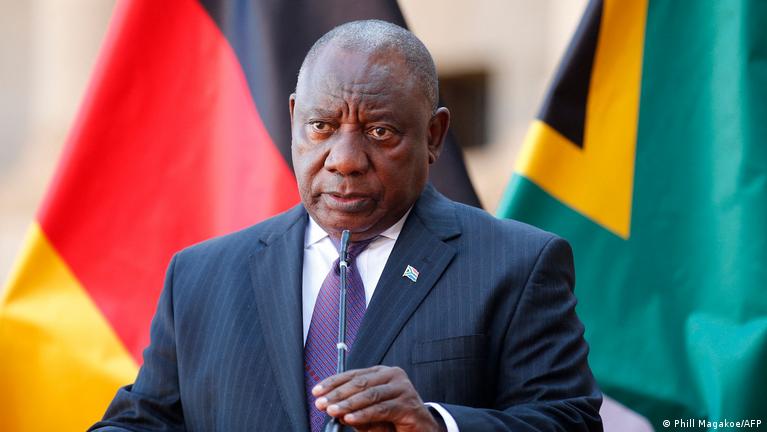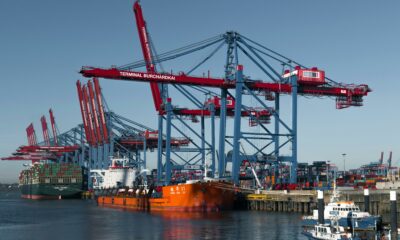A new political moment has emerged. But will South Africa finally shake off its anti-competitive shackles?
Despite recent strides in stabilising power supply and introducing reform-friendly policies, South Africa remains one of the most difficult places in the world to do business. According to a recent International Monetary Fund (IMF) study, the country ranked dead last in a global survey on competition-friendly economies—trailing behind 49 other nations.
This dismal ranking underscores a persistent, homegrown issue: South Africa’s regulatory environment continues to choke business activity, stifle competition, and dampen job creation.
A Nation Trapped in Red Tape
For years, economic experts have warned that overly complex rules and powerful monopolies are hobbling South Africa’s potential. The latest “Driving Inclusive Growth in South Africa” report by the World Bank confirms this, calling South Africa’s product markets among the most rigid in the world.
“Firm entry and exit are a third of what’s typical in a middle-income country,” the Bank noted. Translation? It’s incredibly hard to start or shut down a business here, meaning fewer entrepreneurs, less innovation, and very few new jobs.
This rigidity is a major reason why unemployment remains so high, particularly among youth and low-skilled workers.
A Glimmer of Hope After the 2024 Elections
Ironically, the May 2024 elections while politically tense have opened the door to genuine economic reform. The World Bank believes South Africa now has an opportunity to follow in the footsteps of countries like Vietnam, Poland, and even China in their transformative years.
Why? Because political and economic incentives are finally aligned: any party wanting to retain or grow political power must now prove it can grow the economy.
This alignment could provide just the momentum needed to push long-overdue reforms through the system.
Why Competition Matters More Than Ever
Many South African industries are still dominated by a handful of big players often state-owned, who enjoy regulatory protection and near-monopoly status. These incumbents may offer scale, but they often operate inefficiently, leaving no room for upstarts with fresh ideas.
This status quo crushes innovation, and it hurts everyday South Africans, especially those looking to start small businesses or find stable jobs.
Take telecoms, for example. When South Africa opened up the market in the early 2000s, competition flourished. MTN went on to become a global giant, and internet access exploded across the country. Similarly, aviation and energy sectors have seen benefits from deregulation and private-sector participation.
So, why not apply this recipe to other industries?
Short-Term Wins for Long-Term Reform
The World Bank is clear: South Africa doesn’t need a miracle, it needs momentum. Small but visible wins can catalyse larger structural change. Easing the rules for new businesses, lowering the barriers to entry, and reducing the tax burden on low-income workers would be a powerful start.
More competition means better products, lower prices, and faster job creation. But it also means taking on vested interests especially where inefficient public monopolies still dominate.
Public Sentiment: Frustration Meets Fatigue
On social media, South Africans have reacted with a mix of frustration and fatalism.
“Another global ranking, another last place. How do we keep letting this happen?” posted one X (formerly Twitter) user.
“Cut the red tape. Let people build things,” said another. “We’re tired of excuses.”
There’s growing impatience for real economic change—and not just among business leaders. Ordinary citizens want to see policy reforms that actually result in more jobs and better livelihoods.
There’s no quick fix to untangling decades of over-regulation and anti-competitive policy. But there is a way forward and it starts with prioritising market dynamism.
South Africa’s problems aren’t unique, and its path to reform is well-worn by others who came before. What’s needed now is political courage to level the playing field and unlock the energy of a new generation of entrepreneurs.
Because when competition thrives, so does the country.
South Africa has everything it needs to grow talent, infrastructure, and global connections. But without serious reforms to foster competition, it risks being left in the economic dust. The time for bold, pro-business policy isn’t later. It’s now.




























